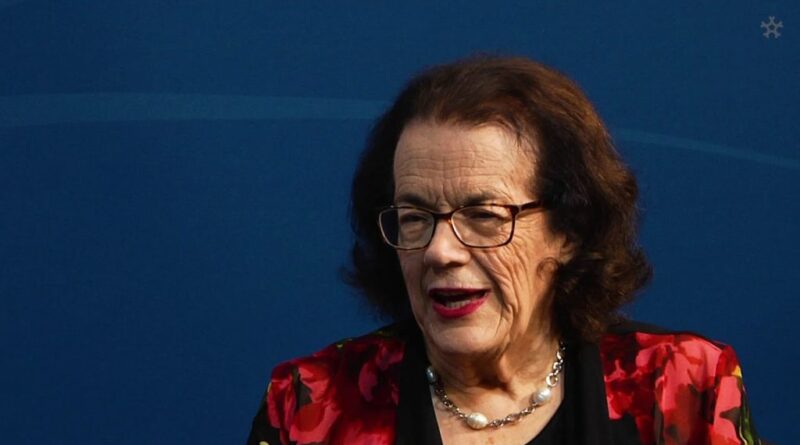Governments are failing to share decision-making with Indigenous people, Productivity Commission finds

Governments have failed to properly share decision-making with Indigenous people to accelerate Closing the Gap, despite formally undertaking to do so, according to a scathing indictment by the Productivity Commission.
The commission says too many government agencies consult Indigenous people “on a pre-determined solution, rather than collaborating on the problem and co-designing a solution”.
The broad-ranging criticism is contained in the commission’s first review of the 2020 “National Agreement on Closing the Gap”.
The Albanese government will use the findings to reinforce its pitch for the Voice – which is that Indigenous people are not being properly heard on what needs to be done to tackle the problems in health, housing, employment, education and other areas of disadvantage.
The review says: “There appears to be an assumption that ‘governments know best’, which is contrary to the principle of shared decision-making in the Agreement.”
The national agreement was put in place in negotiations with the Coalition of Aboriginal and Torres Strait Islander Peak Organisations. Federal, state, territory and local governments and the Coalition of Peaks share accountability for the agreement’s implementation. Then-prime minister Scott Morrison lauded it as a new collaborative way forward.
But Productivity Commission chair Michael Brennan says while the agreement holds significant promise, “so far we are seeing too much business as usual and too little transformation”.
Read more: View from The Hill: It’s just too hard and too late to delay and recalibrate Voice referendum
The report points out the agreement “commits governments to building and strengthening structures that empower Aboriginal and Torres Strait Islander people to share decision-making authority with governments”. Partnerships are supposed to be the mechanism to achieve this.
“Some governments have demonstrated a willingness to partner and share decision-making in some circumstances, however this is not observed more widely and, in some instances, there is contradictory practice,” the review finds.
“Governments are not yet sufficiently investing in partnerships or enacting the sharing of power that needs to occur if decisions are to be made jointly,” it says.
“It is too easy to find examples of government decisions that contradict commitments in the Agreement, that do not reflect Aboriginal and Torres Strait Islander people’s priorities and perspectives and that exacerbate, rather than remedy, disadvantage and discrimination. This is particularly obvious in youth justice systems.”
The report warns: “Without stronger accountability for its implementation across all government organisations, the Agreement risks becoming another broken promise to Aboriginal and Torres Strait Islander people”.
Read more: Yes/No cases for referendum pamphlet released, as Albanese urges greater effort from yes advocates
The commission met with some 200 groups including 121 Indigenous organisations.
It found the policy of governments did not reflect the value of Aboriginal community-controlled organisations.
A number of these organisations told the commission “they are sometimes treated as passive recipients of government funding” rather than being recognised by governments as “critical partners in delivering government services tailored to the priorities of their communities”.
The report says the agreement requires transformation of mainstream government bodies “to ensure they are accountable for Closing the Gap and are culturally safe and responsive to the needs of Aboriginal and Torres Strait Islander people”.
But there’s a “stark absence” of strategies to drive this transformation.
“We are yet to identify a government organisation that has articulated a clear vision for what transformation looks like, adopted a strategy to achieve that vision, and tracked the impact of actions within the organisation (and in the services that it funds) toward that vision.”
The report says the landscape has changed since the agreement was made. Apart from the agreement, there is now a legislated Indigenous Voice to Parliament in South Australia, legislated Treaty and Truth telling processes in Victoria and Queensland, and the coming constitutional referendum.
“These initiatives may result in new decision-making and accountability structures that could provide a further catalyst for changes to the way
governments work with Aboriginal and Torres Strait Islander people. But, regardless of the outcomes of these processes, governments still have a responsibility to implement what they committed to in the Agreement.”
This is the commission’s draft report. It will get further feedback and submit a final report by the end of the year.

